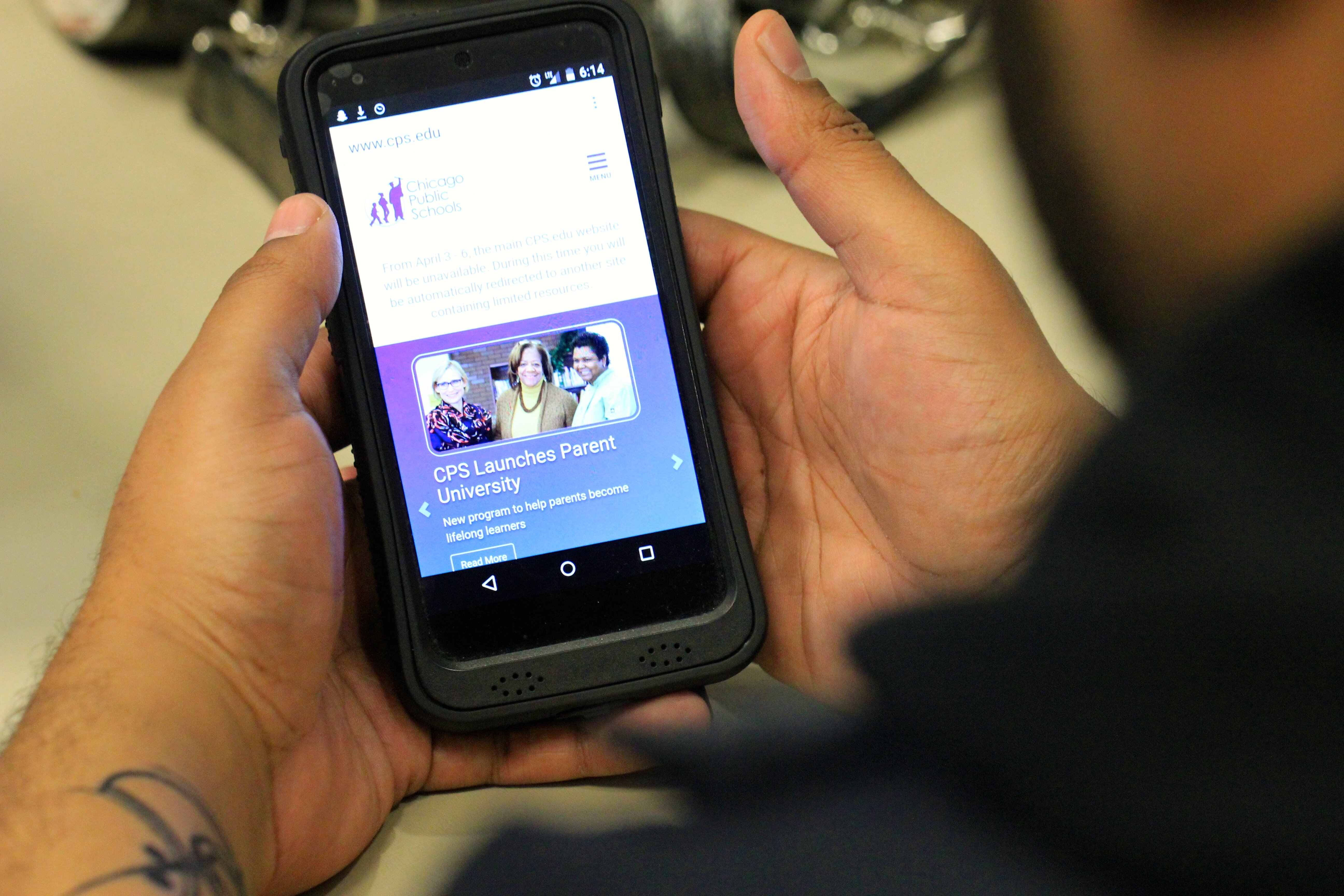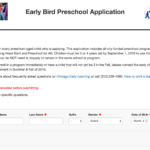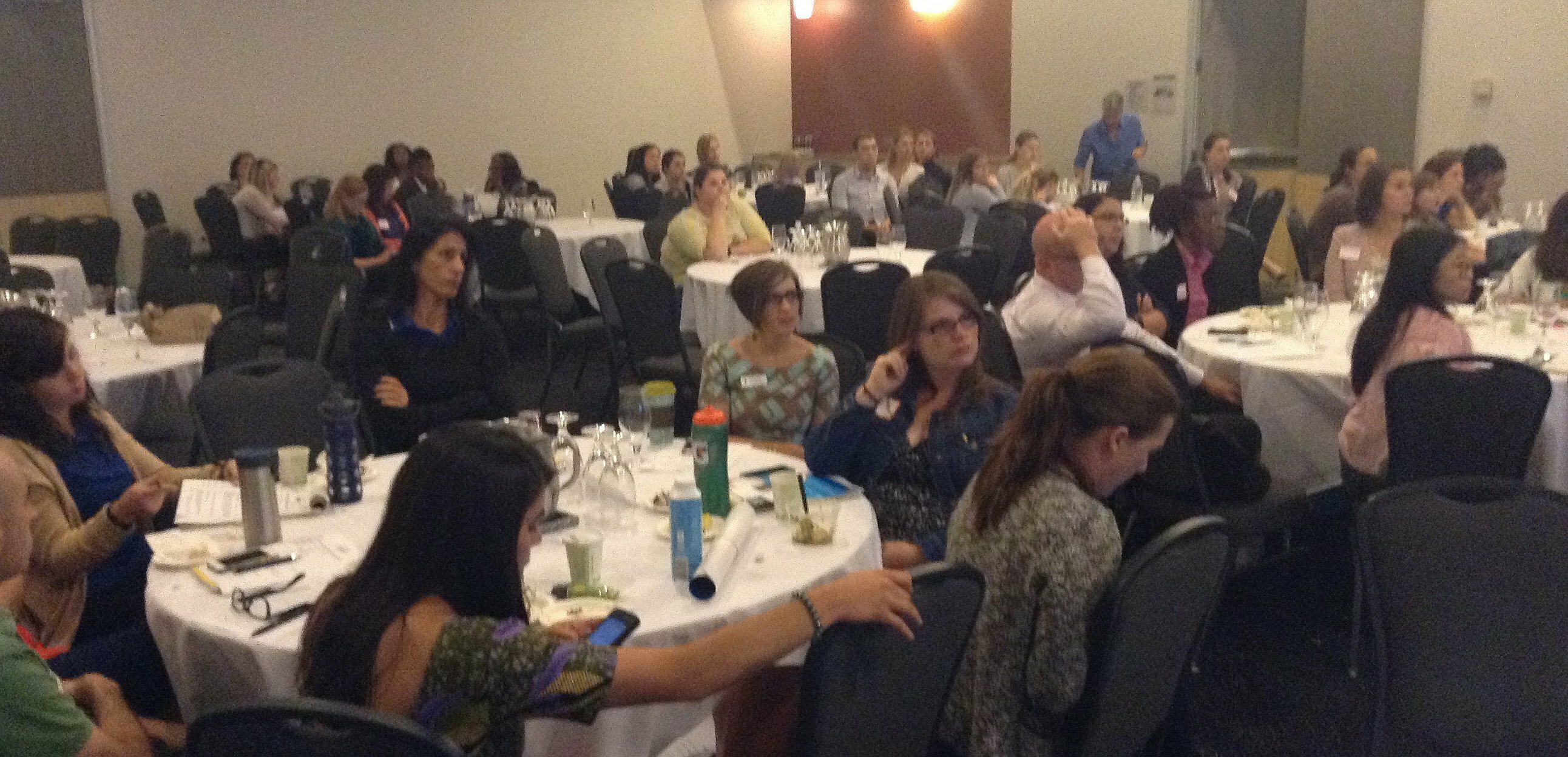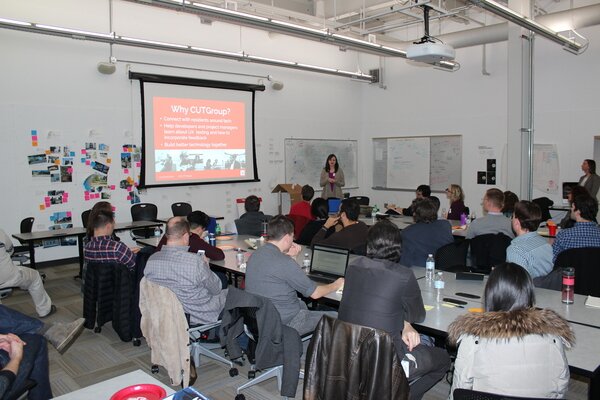Last week, Chicago Public Schools announced that it was closing 61 schools due to budget constraints. Even before the list was announced, the plan to shut down schools was and still is generating lots of heated debate.
CPS has released data on each school, but it isn’t always organized in a way that makes it easy for parents to see what is going on at the school. To find out information on the school utilization, you would first visit a separate 19 page PDF file to see how CPS determines utilization. You then have to download an excel file and search through it to find the school you are interested in. This is a particularly thorny problem for parents and community members who care deeply about their schools as community anchors.
Schoolcuts.org Screenshot
What schoolcuts.org does is pull out all the available data on every school that is either being closed or receiving and put it in one place that’s easy for parents and community members to see.
https://soundcloud.com/morningshiftwbez/130322-morning-shift-seg-c
Listen to Schoolcuts.org’s Jeanee Olson talk about the site on WBEZ Morning Shift
Getting the data out there to the community in a format that’s easy to understand is extremely valuable. Not only is it important for parents to know what kind of schools that their children are being sent to, but having the data readily available makes for a better debate about school closings for all those involved.
One of the points of contention is that Chicago Public Schools has stated that children would only be moved to higher performing schools. CPS places schools into three tiers with regards to academic performance with he first tier being the best performing. However, there are several receiving schools that are Tier 3 – meaning they are the worst academically performing schools in the district. Because this data is open, and is being presented in plain language, community members can use this data to advocate for their schools.
Open data can and does aid in civil discourse.
Another point of contention is the role of charter schools and how they affect the neighborhood schools. One sides states that charter schools do a better job of teaching our children, while the other side states that opening additional charter schools robs resources from struggling neighborhood schools.
The Chicago Tribune wrote an editorial supporting charter schools stating that there were 19,000 students on waiting lists for charters schools in Chicago. This number was then disputed by WBEZ.
https://twitter.com/WBEZeducation/status/316361105410764800
.@coloneltribune Your editorial says there are 19k kids on charter waiting lists. Factually inaccurate. Those are not unique students.
— WBEZeducation (@WBEZeducation) March 26, 2013
WBEZ’s point was that the list of students on waiting lists for charters was generated by combining the waiting list of each school, some of which had students that had applied to multiple charter schools.
Instead of just rhetoric, we’re now seeing debates in the public domain about the data. And that’s a good thing. This isn’t the only example of this being done. WBEZ’s Day by Datum blog recently provided a detailed explanation of the recent data spat between the Chicago Sun-Times and the CTA over crime data.
Sometimes the best civic apps are not the ones that give us the answers, but the ones that bring up the hard questions – David Eads
As we talk about open data and the ability of civic apps to solve problems and help us answer questions about civic lift, it’s important to realize the potential that open data has to improve civic discourse. Schoolcuts.org has helped to steer the course of the debate back to the data and that’s a powerful thing.






